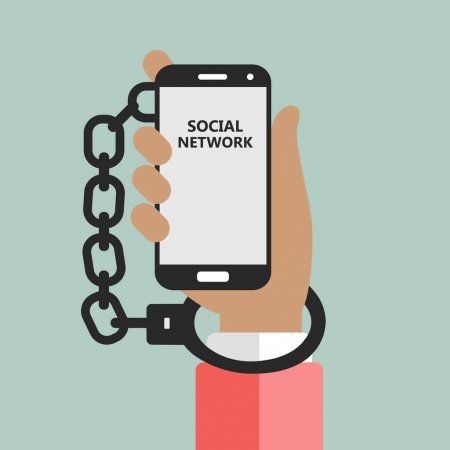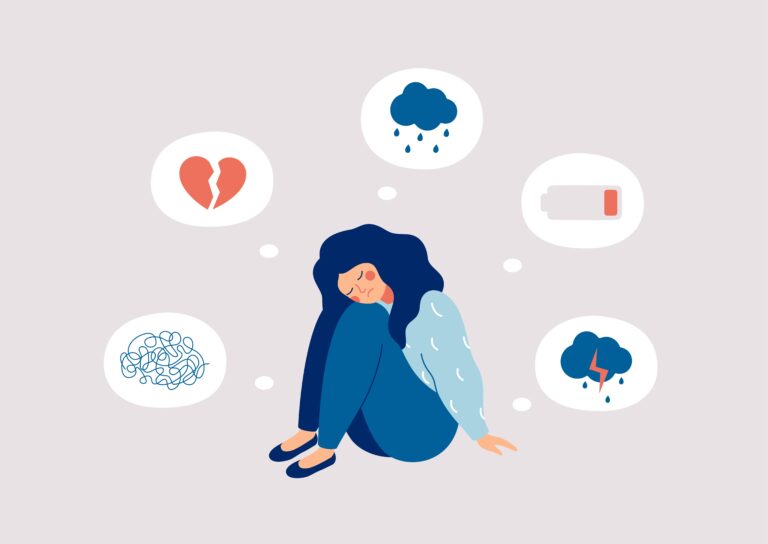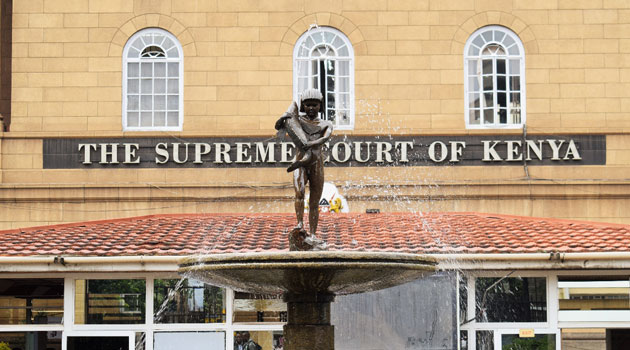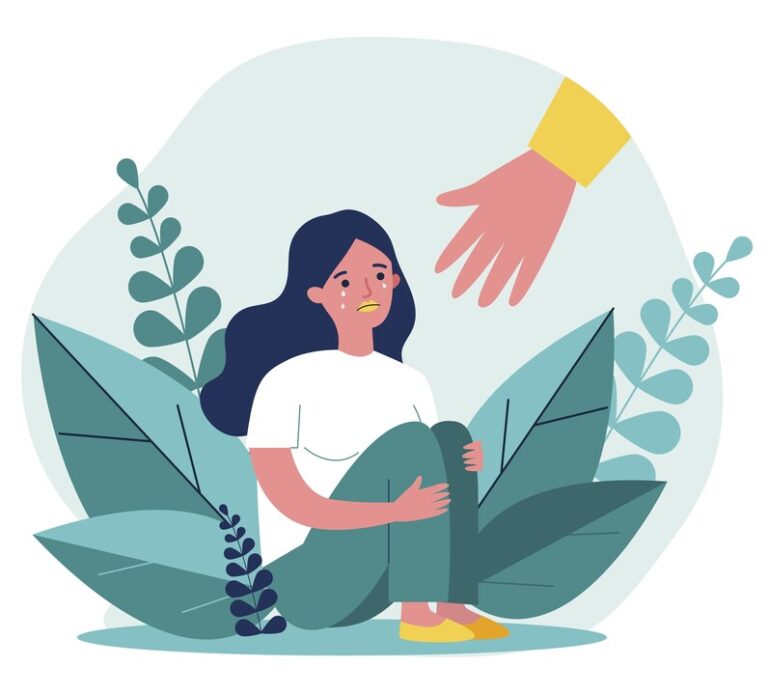What is Major Depression?

Beyond the Darkness: Demystifying Major Depression
Major depression is often confused with sadness, anxiety, or even seasonal depression. However, this mental condition is far more complex than occasional sadness. Sadness is a healthy human feeling. As long as you are alive, there will be seasons of mourning, loss, misery, hurt, and discouragement because life is full of ups and downs. It is futile to ignore or wish away stormy weather. Your brokenness and vulnerabilities show that you are a normal person with healthy emotions. What is not okay is having these feelings present in every season, overwhelming your zeal to want to live.
Depression is a negative mood characterized by persistent sadness and a lack of interest in everyday activities. It comprises various negative emotions like sadness, hopelessness, loneliness, inadequacy, and other negative moods like anxiety, irritation, and apprehension. There are different degrees of depression – it can be mild, moderate, or severe. Major depression is a severe form of this mental condition.
How quickly you snap out of a depressive mood partly depends on its severity. You can become utterly depressed from failing an important exam. The life-shattering incident can keep you from wanting to move forward in all other life aspects. Another person in a similar situation can bounce back after a short period. While the ability to overcome depression also depends on coping, mental resilience, and other such factors, the severity of the disease plays a significant role.
Defining Major Depression
What exactly is major depression? Psychology experts have a set of parameters defining what is clinically considered depression. They determine the kind of depression a patient has based on symptom severity, length of illness, and frequency of recurrence. Moderate and acute depression are the forms of depression that get clinically diagnosed.
Mental health caregivers use the criteria of diagnosis from the fifth edition of the Diagnostic and Statistical Manual of Mental Disorders (DSM-5). In major depression, symptoms are aggressive. Episodes of persistent sadness and loss of interest cripple a person’s life, interfering with their desire to live and hope. Eliminating the cause of the depression does nothing to brighten the mood.
Signs of Major Depression
Major depression has the same symptoms as other forms of depression. However, the signs are worse and unbearable in this mood disorder. A patient must have at least five symptoms listed occurring nearly every day to get a major depression prognosis. Furthermore, the symptoms should not be an outcome of abusing mind-altering substances like drugs, alcohol, or medication.
Symptoms include:
A Depressive Mood
A person with major depression has feelings of sadness that persist for weeks with or without a cause. The individual also feels unenthusiastic about doing anything. They show no concern for not working, grooming, maintaining their hygiene, or interacting with loved ones. They have crying episodes, sometimes unprovoked. Children and adolescents seem more irritable without any provocation.
Loss of Pleasure
Major depression makes doing any task burdensome. There is no desire to pursue things that were once interesting. It takes away the passion for hobbies or leisure activities. A person ends up mopping around for days without finding any satisfaction. Depression takes away the delight of living so that waking up in the morning feels like a curse. The depressive individual no longer finds loved ones delightful or their presence entertaining.
Weight Changes
Major depression can either suppress appetite, leading to noticeable weight loss, or increase it, resulting in rapid weight gain. Either form of appetite change is a destructive form of adaptation. Food, comfort food in particular, like alcohol, stimulates the part of the brain that causes happiness. When depression sets in, eating can provide temporary relief.
Unfortunately, the short life span of the pleasure created requires continuous feeding to maintain that state. On the other hand, starvation is a consequence of nausea, an unsettled gut feeling that takes away the pleasure of food. The persisting negative mood makes food repulsive.
Sleep Disturbance
Major depression either robs you of sleep or brings it in uncontrollable measure. Both extremes occur most nights without any cause. For individuals unable to sleep, their mind gets overwhelmed with worry, fear, negative thinking, and doom and gloom. On the other hand, hypersomnias feel sleepy the entire day despite getting a good night’s rest.
A Slowness in Mental and Physical Activities
The slowness of thought processes and physical movement is another distinct symptom of major depression. A person’s ability to think, understand conversations, and respond becomes noticeably low. They also perform tasks unhurriedly. Their slowness is easily mistakable for slacking or negligence.
Lethargy
A depressive mood also causes mental and physical exhaustion. The fatigue persists despite not doing anything strenuous. It goes on for days.
Feelings of Worthlessness or Inappropriate Guilt
A person with major depression feels unloveable, like a burden, insignificant with or without reason. They may blow their reasoning out of proportion and magnify their weakness to justify their self-loathing. They also feel like they deserve hate because of their perceived guilt. Guilt can trigger self-harm as a punishment to appease their guilty conscious.
Diminished Cognition
Major depression decreases concentration creating an inability to finish tasks, remember incidences, make decisions, or hold a conversation. The person harbors consistent negative thoughts. They are incapable of rationalizing their thinking and get caught in their web of unrealistic negative thinking.
Suicidal Tendencies
Recurrent thoughts of death are also common in major depression. The person idealizes death. They may plan it or think about it constantly without carrying out any execution.
Treatment Options for Major Depression
- Psychotherapy – talk therapy is an essential form of treating major depression. Counseling psychologists use different techniques to empower patients to overcome depression and its associated behaviors. Therapy rectifies thought patterns, destructive behavior that have become habits, and emotional dysregulation.
- Medication – antidepressants help bring back the brain’s chemical balance. The prevailing imbalance is the one responsible for the mood disorder.
- Most counseling psychologists use both therapy and medicine when treating major depression to improve the patient’s outcome.





